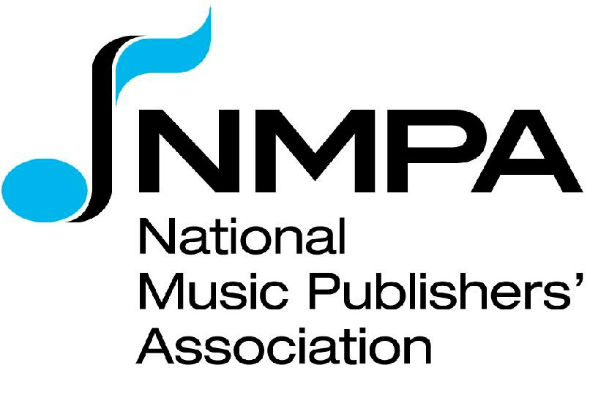Videos by American Songwriter
On Monday of this week, the National Music Publishers’ Association released a press release supporting steps being made by Congress to enact legislative tools to better fight illegal music file sharing online.
Now the NMPA, a trade organization which represents the interests of music publishers, has joined many record labels in criticizing Amazon’s new music cloud services. According to a news story in the New York Post, the NMPA has also reached out to Amazon to question the legality of the newly-launched Amazon Cloud Drive.
Amazon surprised the world last week when it launched Cloud Drive and Cloud Player, in advance of similar products rumored to be in the works by Apple and Google. While Apple and Google have been in discussion with record labels and rights holders to secure licenses for the content to be used on their forthcoming services, Amazon has contended that licenses are not necessary for their service, which lets users upload music and other files to Amazon’s servers for easy access from any web browser or mobile device.
In a letter to Amazon, obtained by the Post, NMPA’s general counsel Jay Rosenthal expresses concern over Cloud Drive’s “lax privacy protections and the failure to include filtering components that would otherwise identify illegal music files placed in a user’s locker.”
In the press release from Monday, NMPA President and CEO David Israelite expressed similar concerns about websites that explicitly engage in file sharing.
“Songwriters and music publishers stand with the millions of Americans whose work depends on our nation’s founding principle of intellectual property rights to support efforts to address this illegal activity,”said Israelite. “Like any other right, copyright is meaningless if it can’t be enforced. The criminals operating web sites that traffic in and profit from unlicensed copyrighted music and other kinds of products are doing everything they can to avoid the reach of the law. Law enforcement’s tools must keep pace with criminal tactics. Common sense approaches to this problem can and should move forward.”













Leave a Reply
Only members can comment. Become a member. Already a member? Log in.